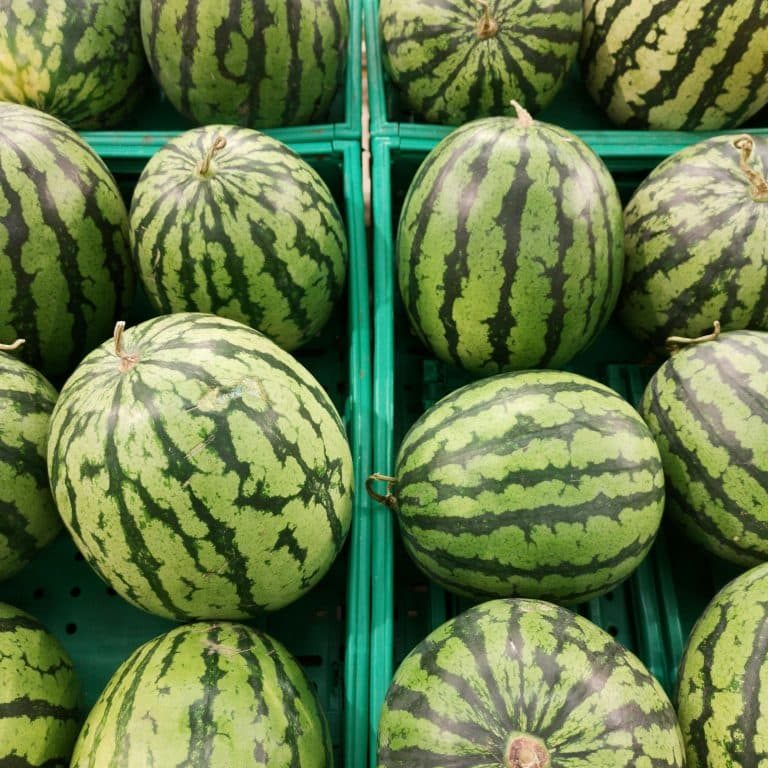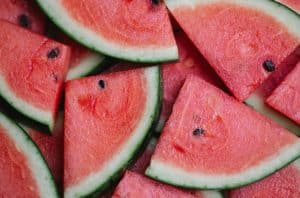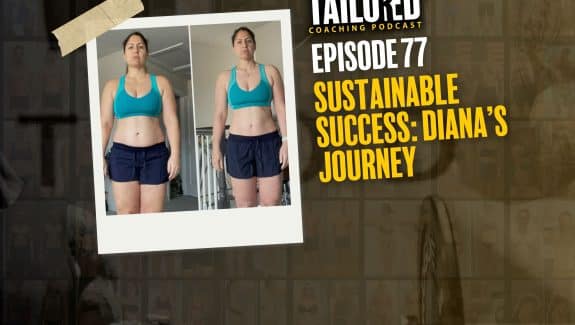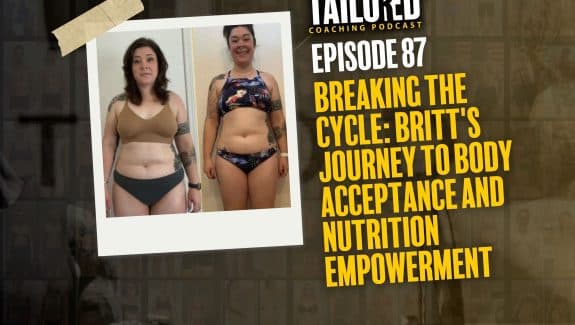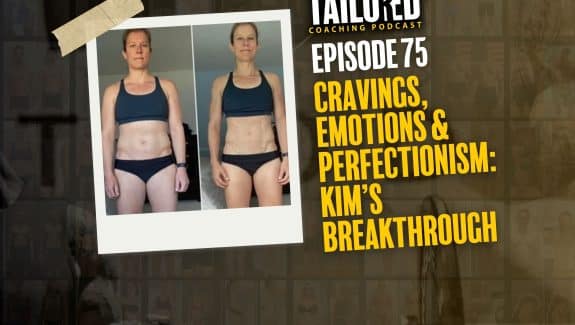Watermelon is 92% water, making it one of the most hydrating foods available. It’s also rich in lycopene, a powerful antioxidant linked to heart health, skin protection, and reduced inflammation.
Health Benefits
- Hydration Hero
Great for post-workout or hot summer days, watermelon helps replenish fluids and trace electrolytes. - Rich in Lycopene
This antioxidant may reduce oxidative stress, support skin health, and protect against certain types of chronic disease. - May Help Recovery
Watermelon contains citrulline, an amino acid that may improve blood flow and reduce muscle soreness after intense training. - Low in Calories, High in Volume
Watermelon is a high-volume, low-calorie food — perfect for satisfying sweet cravings while supporting a calorie deficit.
How to Add Watermelon to Your Diet
- Eat chilled cubes post-workout for a hydrating, carb-rich snack
- Toss into fruit salads with mint and lime
- Blend into frozen smoothies or popsicles
- Try grilled watermelon with feta and balsamic glaze
Tailored Coaching Tip: Watermelon is ideal for recovery days, especially when hydration and carb replenishment are priorities.
Pro Tips
- Pair with salt or lime juice for flavor and extra electrolytes
- Store cut watermelon in the fridge for up to 5 days
- Don’t toss the rind — it’s edible and can be pickled or juiced!
FAQs About Watermelon
Is watermelon good for weight loss?
Yes — it’s low in calories and can help you feel full and hydrated.
Does watermelon raise blood sugar?
It has a high glycemic index but low glycemic load due to its water content. It’s fine in moderation.
Can I eat watermelon at night?
Absolutely. It’s light, hydrating, and easy on digestion — great for curbing late-night sweet cravings.
Final Thoughts
Watermelon is more than just a summer snack — it’s a powerful hydration tool that supports recovery, electrolyte balance, and fat loss. It’s sweet, refreshing, and smart for your goals.
Want to learn how to eat for performance and recovery? Start coaching with Tailored Coaching Method

